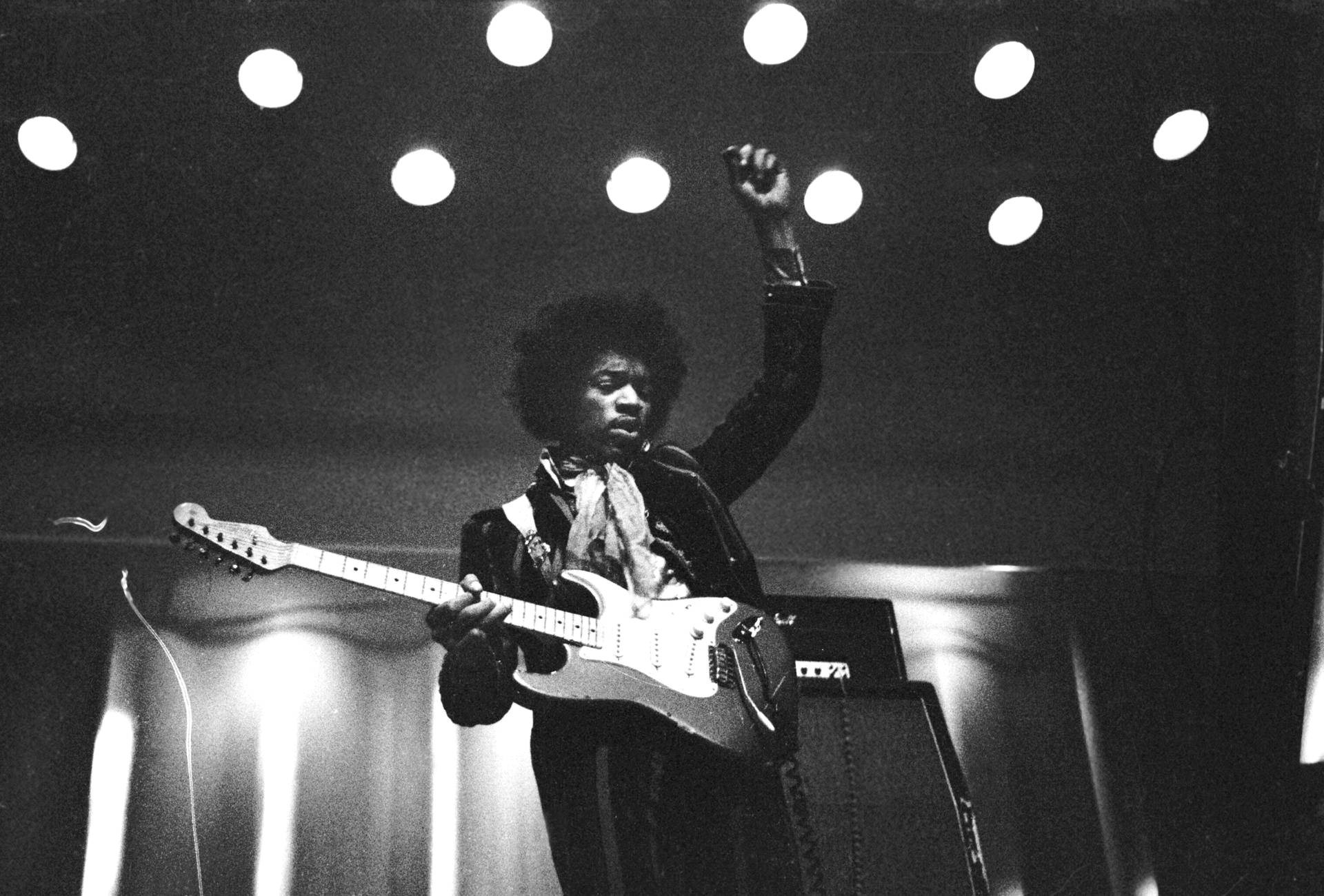Session musicians shape the sonic DNA of hits while remaining anonymous, their contributions buried beneath marquee names and flashy production credits.
Every playlist harbors invisible architects. These session musicians craft the elements that make songs unforgettable while remaining unknown to most listeners. Clare Torry‘s story represents the ultimate paradox: creating one of rock’s most transcendent vocal performances while earning less than most people spend on coffee in a week.
Two Takes That Changed Rock History
A 25-year-old session singer transformed Pink Floyd’s instrumental track into an emotional masterpiece in under an hour.
January 21, 1973, Abbey Road Studios. Engineer Alan Parsons calls Clare Torry with a simple request: improvise vocals over Richard Wright’s chord progression for a Pink Floyd track. No lyrics, minimal direction, just basic guidance from the band.
Most session musicians would deliver competent backing vocals and collect their fee. Torry made a different choice. Treating her voice like David Gilmour treats his guitar—as a pure emotional instrument—she recorded two complete takes and began a third before stopping. She knew she’d captured something transcendent.
The final version assembled all three takes into what Rolling Stone readers would later rank as the second greatest vocal performance in rock history, trailing only “Bohemian Rhapsody.”
From £30 to Songwriting Credit
Decades passed before Torry received proper recognition for creating one of progressive rock’s defining moments.
The math stings like a bad record deal. Torry earned £30 for the session—double rate because it fell on Sunday—while “The Great Gig in the Sky” became a cornerstone of The Dark Side of the Moon, one of history’s best-selling albums.
She discovered her contribution had made the final cut only when browsing a record shop weeks later. By 2004, the disparity between her modest payment and the song’s massive cultural impact demanded correction.
Torry sued Pink Floyd and EMI, arguing her improvised vocal constituted co-authorship alongside Wright’s composition. The 2005 settlement brought official songwriting credit and undisclosed compensation. Every pressing since lists both Wright and Torry as composers—recognition that arrived three decades late but established crucial precedent for session musicians’ creative rights.
Your streaming queue likely contains similar stories. Musicians who crafted the hook, nailed the solo, or delivered the vocal run that makes you hit repeat—ghosts in the machine whose fingerprints cover the songs that soundtrack your life.


























